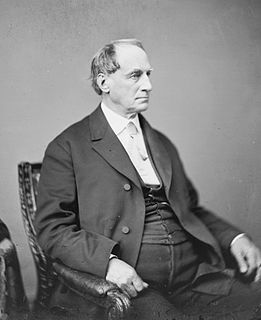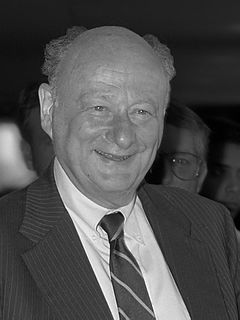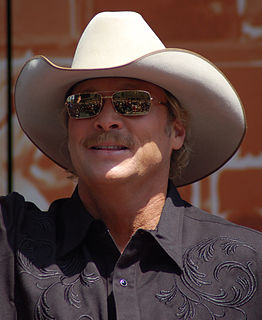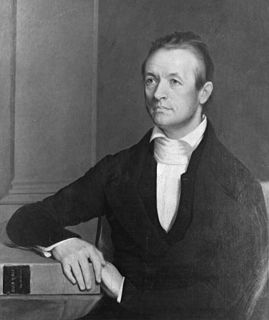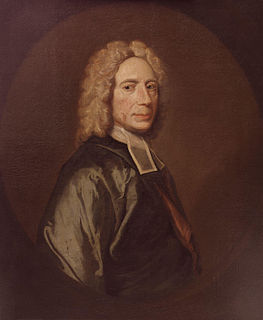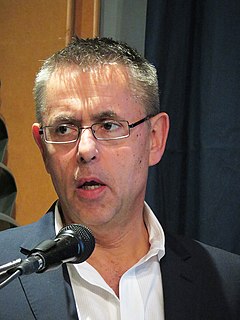A Quote by Caleb Cushing
Sir, allusion has been made, in an early stage of this debate, to the history of the excitement which once pervaded a considerable part of the country, in reference to the transportation of the mails on the Lord's day.
Related Quotes
The way Americans most understand the history of Latinos in this country, a lot of it is being told now through the lens of what's happening with the immigration debate. While that's an important debate that has security and moral implications, in my view, there's also a huge history of Latinos in the United States that's never been told.
Unless they can immediately demonstrate a credible fear of persecution, why shouldn't these people be returned at once to the country from which they embarked - whether it be their home country or a stopover point - at the expense of the airline that brought them? All appeals would then be made from the country to which they have been returned.
You think about people like Hank Williams, who stood on that spot of wood, and Mr. Acuff, and, of course, George Jones. And just about anybody you can think of who has made country music has been on that stage. That's what makes you so nervous - to think about the historical part of the Opry and how it's played such a part in country music.
There's no point going to a country which is torturing people to ask them to stop if they can point out that the United States is doing it too. It enormously weakens the argument. Back in the early days of the Bush administration, PEN made a decision that we would try and make human rights issues and civil rights issues in this country part of the priority, and not just international issues, which had more or less been the priority up until then.
We [Americans] inherited British law, which is like the new "reforms" that are being made now, in the sense that people are permanently entrapped in debt, if they once fall into bankruptcy. The reason that the law was changed in American history - the whole early period of the formation of the country was moving away from British law into a law that is generated here and that conforms to the sense of what is appropriate here.
When Paul was exhorted to be baptized and to wash away his sins, there was an evident allusion to the use of water in the ordinance of baptism, and had there been no application of water on which to ground such an allusion, we may be certain that we should never have heard of washing away sins in baptism.
The settler makes history and is conscious of making it. And because he constantly refers to the history of his mother country, he clearly indicates that he himself is the extension of that mother country. Thus the history which he writes is not the history of the country which he plunders but the history of his own nation in regard to all that she skims off, all that she violates and starves.
In the early 19th century, when the country was transitioning from an agrarian to an industrial economy, we subsidised transportation and created a national bank. In the post-WWII era, we as a federal government made strategic investments in emerging technologies including microelectronics, telecommunications and biotechnology.
I offered early on - I think I was governor about a month when I met President Obama - and said, 'I would like to visit with you in reference to border security, in reference to immigration. I'd like to be part of the discussion because I lived on the border all my life.' I've never received a call.
